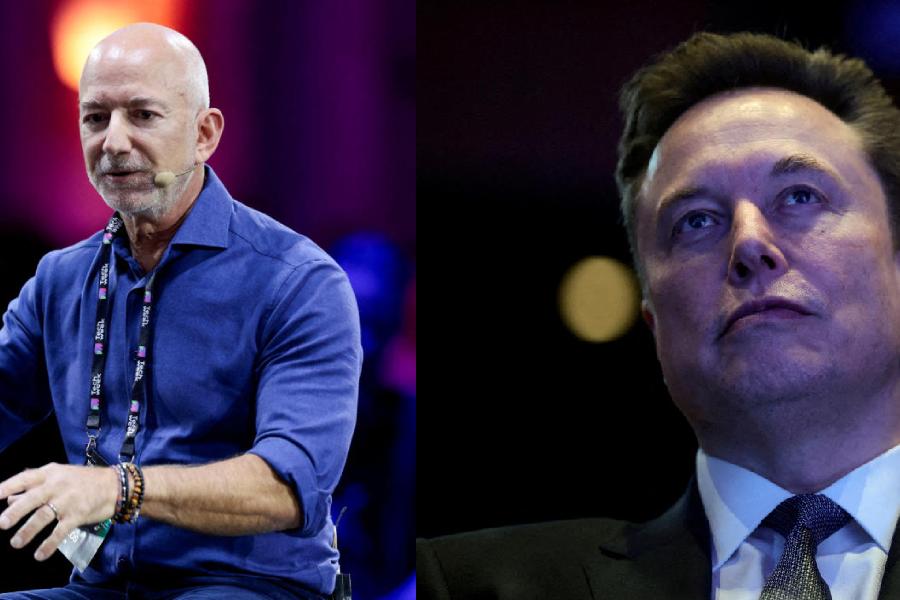Several Indian universities have issued formal guidelines on how students and employees should use social media, as government and international agencies increase scrutiny of activities on such platforms.
Social media behaviour has begun to influence critical decisions, such as student visa approvals in countries like the US.
Institutions such as the Central University of Tamil Nadu (Cutu), Manipal Academy of Higher Education (Mahe), National Institute of Fashion Technology (NIFT), Lovely Professional University and Tamil Nadu Open University (TNOU) are among the dozen institutions in India which have implemented social media usage policies for their students.
Mahe’s social media policy for students suggests that they should avoid posting anything confidential that could be personal information or non-public documents, inappropriate materials that could be construed as illegal, obscene, defamatory or hostile towards any entity.
“Students should be aware that communications on social media are subject to the legal framework of the government of India. Regulators, Mahe, and its constituent units, which aim to prevent interference with legal proceedings,” it said.
The policy also says that employers are increasingly checking the digital footprint of potential employees.
The NIFT has made it mandatory for every student at the time of admission to sign an undertaking on social media use. It says information shared on social media becomes public information, and students should not use social media in any way that may compromise their reputation or professional practice at a later stage.
“Always be courteous, even when you don’t feel like it. Remember that in most cases, the content you post will be public, and it may not be possible to remove it at a later date. It could be reposted or shared through other forms of social media. Think twice about how you post content if you’re feeling angry about something and consider the effect that this might have on the situation,” it said.
Cutu said students would be personally responsible for what they communicate on or through social media, and they must adhere to the standards of behaviour set out in the policy.
The TNOU said that while using social media, any individual who is directly or indirectly connected with the university should adhere to the social media rules, regulations and guidelines issued by the Union and state governments.
An Indian IT worker in Atlanta said social media monitoring was being done at the US border control. “They ask for smartphone or other devices and social media handles to check if one has been critical of the US government,” he said.
In 2012, four students of Jamia Millia Islamia carried out a survey on the use of Facebook by students. The survey found there was ignorance regarding consequences of privacy infringement because 75 per cent of the students were not aware of web cookies that steal information even when they are offline.










